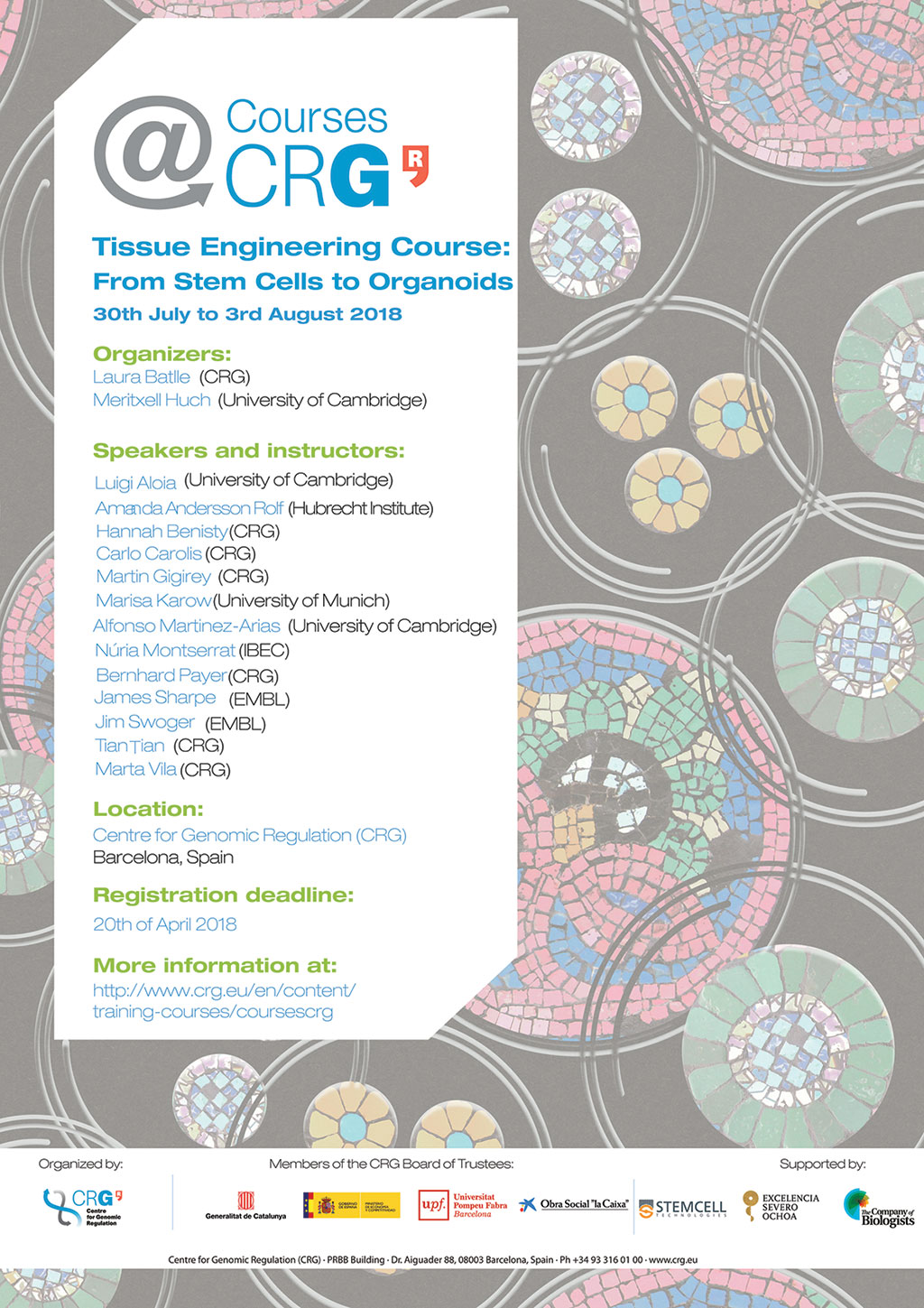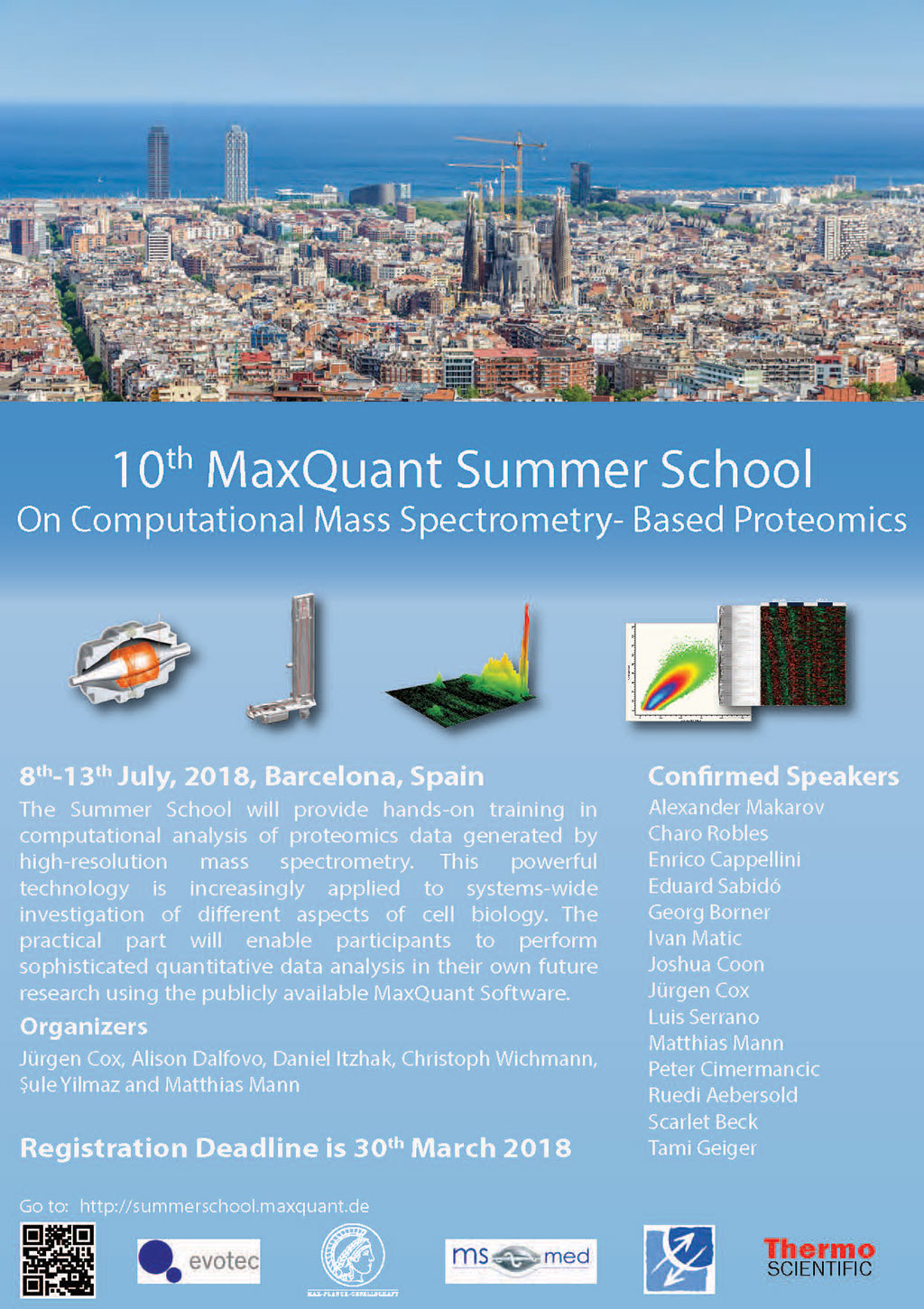The CRG International PhD Programme is the flagship of the CRG’s commitment to training and is characterised by a combination of dedicated mentoring and scientific training to support early independence and creativity. The programme has been running for more than 10 years and is highly competitive, receiving around 400 applications from over 50 different countries and admitting 20-30 students every year.
In 2018, the International PhD Programme continued to attract talent from all over the world through the support of internal and external competitive funds. In addition to the annual CRG PhD Call, together with the IRB Barcelona, the VHIR and the IDIBAPS, we launched a new call of the training programme on research for medical doctors, called the PhD4MD programme, and we awarded two new fellowships. Six MDs are currently working on collaborative projects at the CRG.
The CRG Postdoc Programme enables junior researchers to work on highly collaborative and interdisciplinary projects across different groups and units at the institute. The Postdoc Programme is currently supported by a third grant from the European Commission through its Marie Skłodowska-Curie H2020 COFUND Actions (INTREPiD, 2017–2022). The INTREPiD Programme enables collaborations with other academic institutions and industry, thus allowing postdocs to establish and maintain connections that will prove useful in building their careers beyond the CRG. Several research institutes, including the Institute Curie, the Research Institute of Vall d’Hebron (VHIR) and companies such as Novartis and Esteve joined the INTREPiD Programme as external partners.
The INTREPiD programme includes a training curriculum targeting non-scientific researcher skills – for example, research ethics, outreach and gender in science – and offering dedicated career development support. The second call of the programme opened in June 2018 and we recruited five new fellows. Overall, INTREPiD supports eleven fellows of seven different nationalities (Polish, Argentinean, Spanish, Italian, German, United States and Brazilian).
Finally, the 6th edition of the International CRG Summer Internship Programme for undergraduate students was launched in January 2018. We awarded five internships to provide undergraduate students with the opportunity to conduct research at the CRG over the summer (countries of origin: Russia, the United States, Italy, Spain and India).
The CRG also has several active partnerships with Master programmes to host students for a research-intensive internship: the Pompeu Fabra University, the University of Barcelona and the Polytechnic University of Catalonia, among others.
The CRG continues to contribute to the development and implementation of the UPF/BIST Master of Multidisciplinary Research in Experimental Sciences. In 2018, three students obtained the fellowship to carry out Masters at the CRG. A new edition of the Master is currently open.


